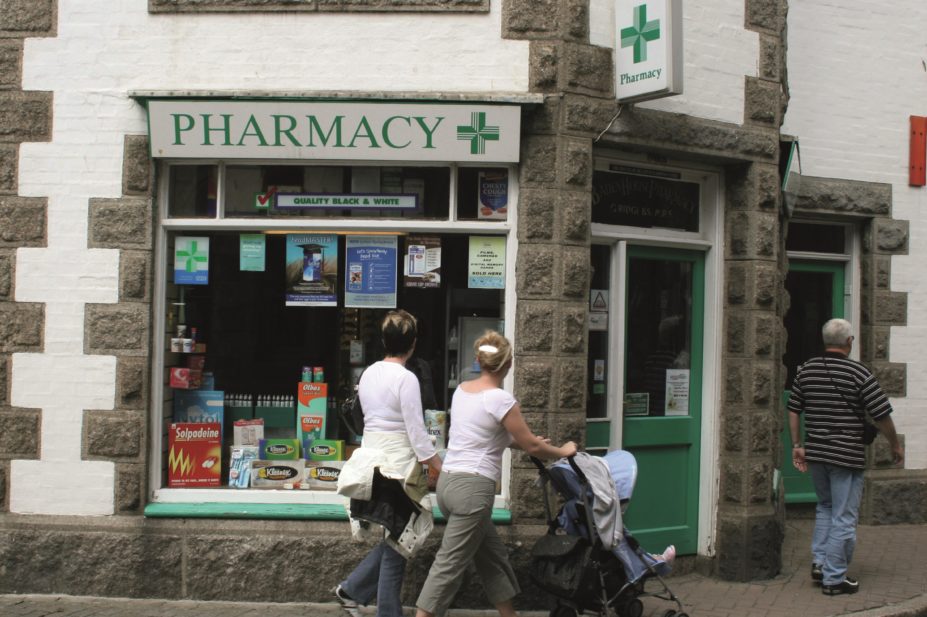
imageBROKER / Alamy
The Royal Pharmaceutical Society (RPS) has called on NHS England to halt the planned withdrawal of funding for the Essential Small Pharmacies scheme and to assess the impact on local communities if affected pharmacies were forced to close.
National contractual arrangements to support small pharmacies dispensing low volumes of prescriptions are due to end on 31 March 2015, and RPS president Ash Soni has called for NHS England to continue funding these contracts until the likely impact of the withdrawal on the local areas is known.
However, the Pharmaceutical
Services
Negotiating
Committee (PSNC) has said it is “not possible” to continue the national agreement and that it is instead exploring local arrangements for affected sites.
NHS England denied that the withdrawal of funding would force providers to close, and said other funding options were available to support these pharmacies.
Soni says maintaining access to pharmacy, particularly in communities with fewer health outposts, ought to be an essential part of NHS provision.
“We would urge NHS England to consider how they can enhance the provision of person-centred care from Essential Small Pharmacies rather than standing by while these pharmacies close, increasing pressure on the local NHS and decreasing access to pharmacy,” he says.
“I am particularly concerned that no impact assessment has been done to work out the effect of these closures on patient care within the local community.”
He says impact assessments would “assure patients and the public that appropriate access to pharmacy services is going to be maintained”.
Steve Lutener,
PSNC’s head of reg
ulation, says: “
PSNC has been working since spring 2014 to ensure that funding for essential small pharmacies can be continued. We are pleased to see that other pharmacy organisations agree with this principle. It was not possible to make national arrangements so we are now helping pharmacies as they seek local arrangements.”
A spokesperson for NHS England
says the ending of the scheme does not mean those providers will have to close. “Each case will be considered on its merits and the businesses affected have been reminded of the options available to them: to return to the Pharmaceutical List and be paid in the same way as all other pharmacies in England, or to apply for a local pharmaceutical services contract demonstrating that they are meeting the needs of their local population and providing value for money for the NHS. Regional teams are considering all applications to provide local pharmaceutical services when the scheme ends as planned in April 2015.”
NHS England says after 31 March 2015 it has no legal powers to continue to commission these pharmacies in this manner.
Essential Small Pharmacies contracts were created in 2006 and give extra payments to low-volume pharmacies to support them financially. The contracts were due to expire in 2010 but the scheme was extended, first until 2013 and again until 2015 following lobbying by the PSNC. The organisation estimates that around 100 pharmacies are currently paid through these arrangements.

